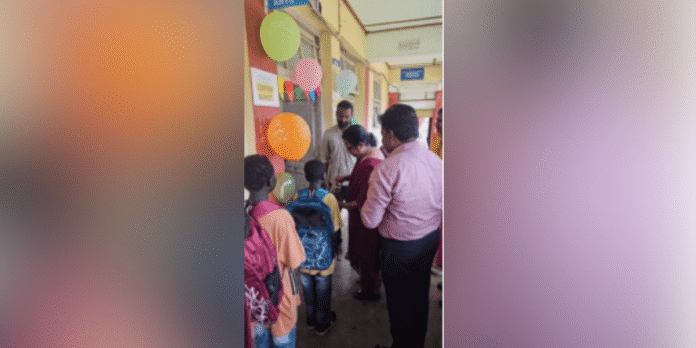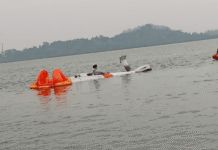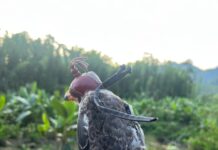Sri Vijaya Puram: In a landmark moment for education in the Andaman & Nicobar Islands, nine Onge students from Dugong Creek, a remote settlement in Little Andaman, have secured admission into Class 11 (Arts stream) at PM SHRI GSS R.K. Pur. This is the first time in recorded history that students from the Particularly Vulnerable Tribal Group (PVTG) have reached this level of formal education, marking a quiet yet powerful milestone in the region’s educational journey.
The admissions were formalised on July 1, and the students began attending classes from July 15, with a dedicated classroom inaugurated for them at the R.K. Pur school campus. The event was attended by officials from the Andaman Adim Janjati Vikas Samiti (AAJVS) and the school administration, who came together to recognise the students’ achievement and offer a supportive start to their new academic chapter.
The transition from Dugong Creek, a deeply traditional settlement with limited exposure to structured education, to a formal high school setting is no small feat. It follows the students’ success in the CBSE Class 10 Board Exams 2025, an outcome made possible through sustained academic and emotional support provided over several years by tribal welfare teams, educators, and local administration.
To facilitate a smooth shift into mainstream education, a range of support systems have been put in place. Dedicated hostel facilities for boys and girls have been set up in close proximity to the school. Each student has been provided with stationery, clothing, ration supplies, and essential school materials, ensuring that logistical constraints do not interrupt their learning.
Round-the-clock guidance is being provided by the AAJVS staff, offering the students not just academic supervision but also cultural and emotional support as they navigate a world that is significantly different from their native habitat.
The integration process is being carried out with care, with PM SHRI GSS R.K. Pur’s faculty actively engaging with the students to ensure they feel included and supported. Motivational sessions and orientation interactions were held as part of the welcome ceremony, aiming to bridge the gap between the tribal students’ lived experiences and the demands of classroom education.
Teachers have noted the students’ curiosity, attentiveness, and willingness to participate, despite the inevitable initial challenges. While the medium of instruction and academic structure may be new, the core qualities of discipline, resilience, and respect have already begun to show in the students’ early engagement.
This step forward has implications beyond individual academic records. It reflects years of coordinated effort between the Education Department, AAJVS, and tribal outreach teams, focused not just on access but on retention, support, and trust-building within the PVTG communities. The admissions are also seen as a benchmark for evaluating the success of educational inclusion policies in one of India’s most isolated regions.
For the Onge community, this moment represents more than institutional progress. It signifies a path opening up, one where cultural preservation and formal education can coexist, where tradition and aspiration need not be at odds.
The initiative is being closely watched by policy planners and educators across the Islands, especially as efforts are underway to encourage other tribal groups to access higher education. By creating enabling environments with the right blend of structure and sensitivity, the administration hopes to nurture more such success stories in the coming years.
As the academic year unfolds, all eyes will be on these nine students, not as exceptions, but as early representatives of a shift long overdue. In the quiet corners of their new classroom, history is not just being taught, it’s being written.





